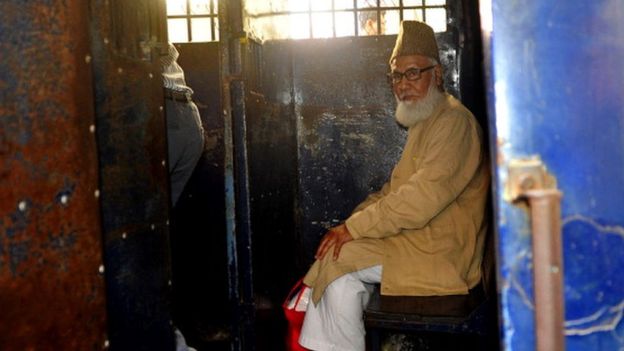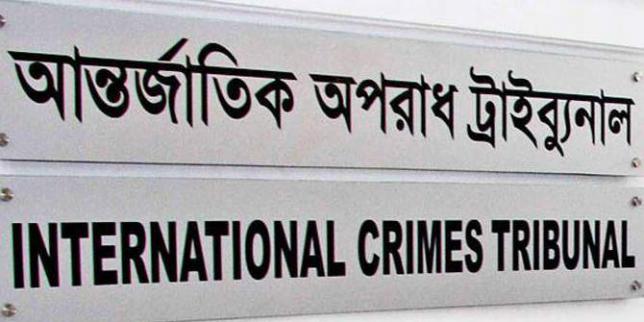Dhaka, September 9 (NIA): The investigation agency of the International Crimes Tribunal (ICT) on Wednesday expressed dissatisfaction with the law enforcers’ failure to arrest fugitives in war crimes cases, The Daily Star reports.
At least 87 accused and convicts are at large after two war crimes tribunals had issued arrest warrants for them since the beginning of the trials in March 2010, agency officials said.Of them, 22 are convicts.
“It’s embarrassing for us,” Abdul Hannan Khan, coordinator of the agency, told journalists. He said that the ICT’ investigating agency has found evidence against three Netrakona men of their alleged involvement in crimes committed during the Liberation War in 1971. But two of the three accused are still at large.
Sanaul Huq, co-coordinator of the agency, said they wrote to the authorities concerned several times to take steps to arrest the fugitives, but to no effect.
“Though the police department has much success in arresting fugitives in other cases, there is no visible success in arresting fugitives in war crimes cases,” Sanaul Huq said.
“We feel embarrassed when victims and witnesses of the cases raise questions in this regard.”
Huq said that most of the fugitives are still living in Bangladesh.
The two war crimes tribunals have so far convicted 50 people and of these 22 are at large.
Following the request of the investigation agency, the government in February 2014 formed an eight-member monitoring cell, led by Additional Secretary in the Home Ministry, to secure the arrest of the fugitive convicts and war crimes accused.

But the cell has held only one meeting, sources said.
As the number of fugitives continued to increase, the International Crimes Tribunal-I in May 2015 ordered the government to form a Monitoring Committee to secure the arrest of the convicts and accused.
The government in the same month formed a five-member committee comprising representatives of the Detective Branch and Special Branch of police, Rapid Action Battalion and the tribunal’s investigation agency. A Deputy Inspector General of Police was made the chief of the committee.
On September 14, 2015, the tribunal’s prosecution wrote to the Home and Law ministries, Inspector General of Police, all Metropolitan Police Commissioners and Police Superintendents of all districts, seeking “strong measures” to arrest the fugitives.





























































